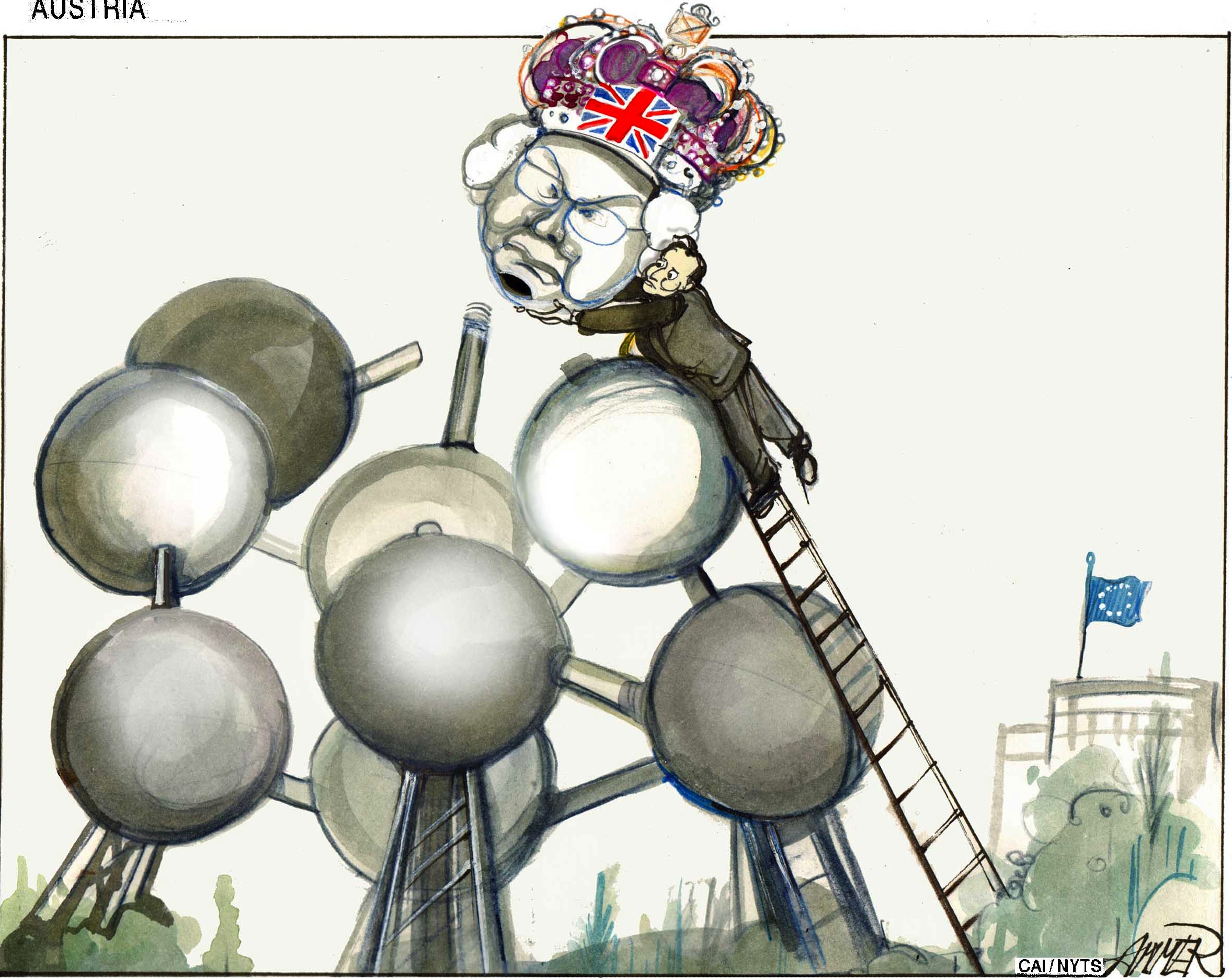Thursday marked the 200th anniversary of Waterloo. It was a fascinating battle not just because it meant the end of Napoleon Bonaparte, but also because no single nation won it. It also has something useful to say as the United Kingdom draws lines of engagement ahead of a referendum on whether or not to leave the European Union.
The essential details are well-known. The Duke of Wellington chose to make his stand on some farmland outside Brussels, at the head of a British-led army, two-thirds of which wasn’t British. This allied force of Brits, Germans, Dutch and Belgians survived the morning thanks in significant part to a few hundred soldiers who heroically held onto the strategically located Hougoumont farm.
Napoleon’s troops were not broken, however, until a regrouped Prussian army under Marshal Gebhard Leberecht von Bluecher — defeated by the French and crushed beneath a horse just two days earlier — arrived on the battlefield late in the day. It was, as Wellington said afterward, “a damn close-run thing.”


















With your current subscription plan you can comment on stories. However, before writing your first comment, please create a display name in the Profile section of your subscriber account page.